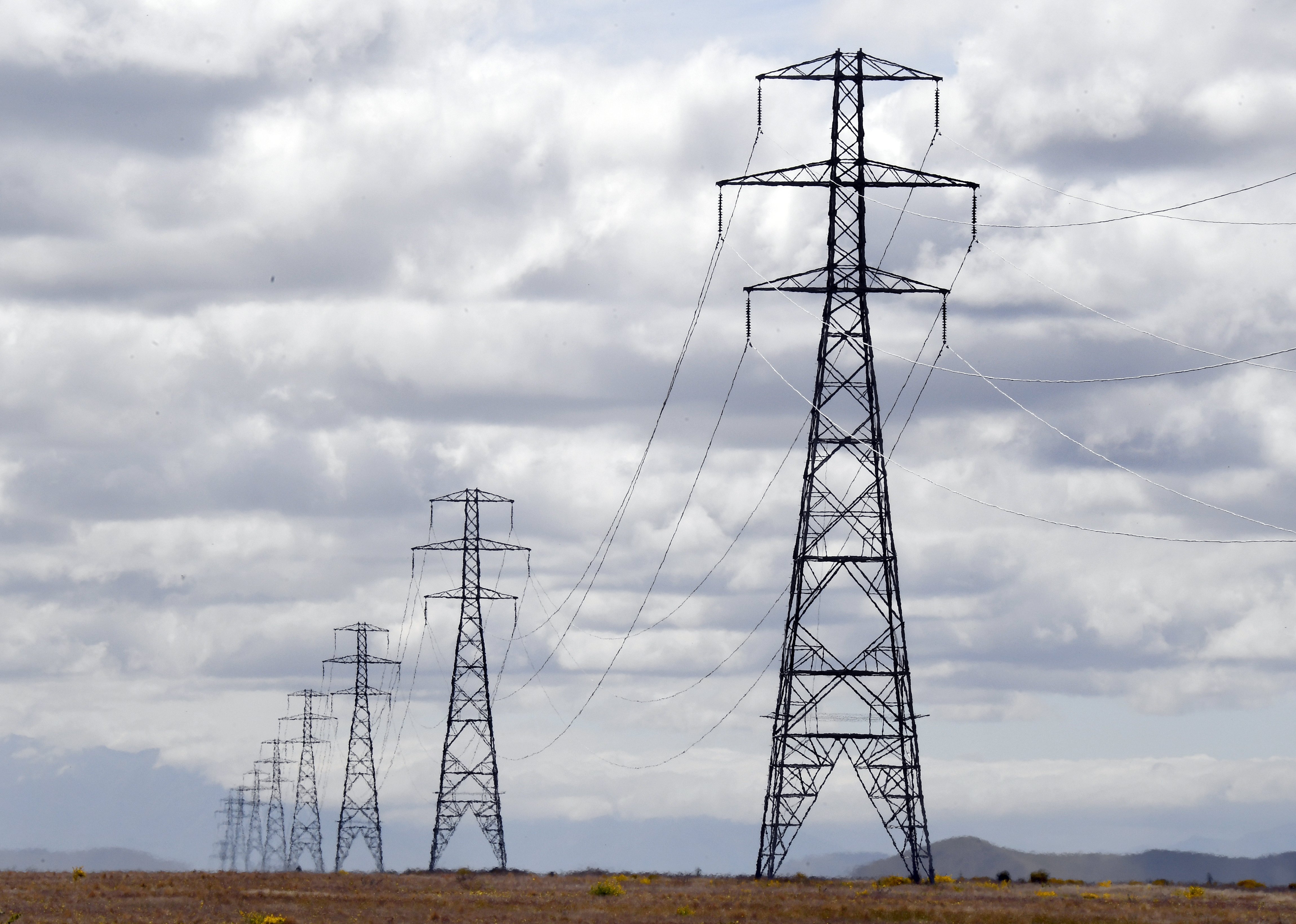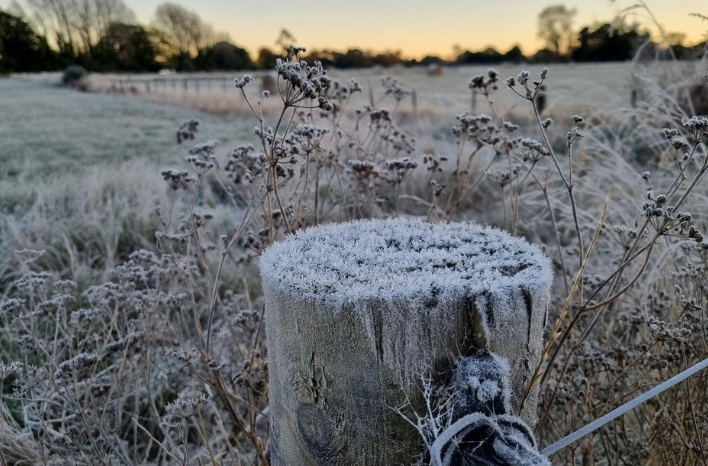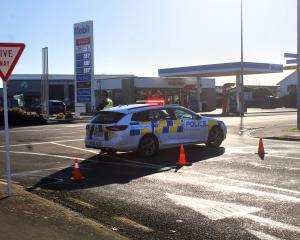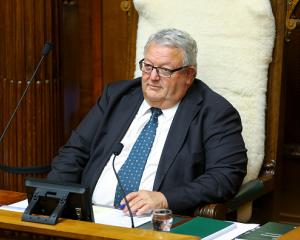
The country woke to a bitterly cold morning with temperatures dropping as low as -6°C in some areas overnight amid threats of power cuts.
Transpower has issued a notice saying there was a risk power generation and reserves would not meet demand between 7am and 9am.
It said if power generators could not provide enough electricity, Transpower would manage demand to avoid a grid emergency.
‘‘The system operator may instruct the grid owner to disconnect feeders without further notice to connected parties,’’ it said.
People were not being asked to turn off their heating, just to dial it back one or two degrees, turn off lights in unused rooms, delay using appliances and not charge devices and cars.
MetService had forecast temperatures to plunge overnight. Meteorologist John Law told RNZ's Morning Report programme it is an unusually chilly start to May.
"Looking at some places like Christchurch, for example, down to minus 6.3 Celsius last night. That's unusually cold for any night in May... that air coming up from the south.
"Then, of course, there's these nice clear skies we've had in the last few nights allowing any of that daytime heat to dissipate once the sun sets."
At 7am, southern cities Dunedin and Invercargill were on 10°C. The warmest place was Kaitaia in the Far North on 11.7°, while the coldest was Omarama in South Canterbury on -6.7°.

We need to restore confidence in sector - minister
Energy Minister Simeon Brown told Morning Report his expectation was that generators and regulators (Transpower and the Electricity Authority) would have had security of supply as a top priority going into winter.
"We've had a number of winters where there has been tightness in recent years and there has been changes made around how information is shared, how decisions are made, how warnings are provided to ensure that the market and the system operates as best possible for consumers.
"But ultimately, this is not where we want consumers to be with these types of warnings. We ultimately want a secure, reliable electricity system where Kiwis are able to stay warm and the light in winter time."
Brown said he spoke to the CEO of Transpower early on Friday, and said there were a "number of contingencies" in place. Wind was "holding up" thankfully.
"All New Zealanders who have responded to Transpower's request to, you know, turn the temperature down a couple of degrees, turn unnecessary appliances off over the next couple of hours, I think it's really important that New Zealanders respond to that message, and I know many New Zealanders are doing that.
"But ultimately, this goes to the issue of security of supply, which is tight, and we need to restore confidence in our electricity sector so we can get the investment needed."
Transpower has said the problem is that 700MW of generation is offline due to maintenance. Brown said that was because of a lack of investment in new gas facilities, which he blamed on the previous government's ban on new exploration, the "frankly impossible" 2030 100 percent renewable target and Lake Onslow battery scheme, which he said had a "chilling effect" on new investment from the market.
In 2021, almost 34,000 households lost power on one of the coldest nights of the year, as insufficient supplies were arranged for the surge in demand.
An industry panel fined Transpower $150,000 for its role in the blackouts.
- RNZ and ODT Online













